4 Reasons Roof Decking Failure Leads to Bigger Roofing Issues
The structural integrity of a roof is crucial to ensuring the safety and comfort of any building. At the heart of this system lies the roof decking, which provides foundational support for the entire roofing structure. When local roof decking deteriorates or fails, it can set off a chain of complications that require prompt and knowledgeable intervention. This article explores how these failures can escalate into more significant roofing issues. According to the Roofers' Guild, the roofing industry is expected to grow by 4.3% annually through 2030, reflecting the rising demand for qualified roofing professionals.
1. Compromising Structural Integrity
Reducing Support for Roofing Materials
Local roof decking acts as a supportive layer between the roof covering and the rafters. When decking fails, it can no longer effectively support the roofing materials. This leads to sagging, warping, or even the detachment of shingles and tiles. As the foundational support is lost, the entire roofing system starts to degrade rapidly. The structural compromise demands immediate attention to prevent the situation from escalating further.
Increasing Risk of Roof Collapse
In extreme cases, compromised local roof decking can lead to a complete roof collapse, which poses a significant threat to the occupants and the building's contents. Factors such as heavy rains or snow load add undue stress to a weakened structure. Timely inspections and reinforcements can mitigate these risks. Structural engineers and roof specialists often advocate for proactive measures to ensure long-term stability.
Weakening Load-Bearing Capacity
A roof's load-bearing capacity is essential for its durability and effectiveness. Local roof decking failure reduces the system's ability to handle weight, leading to further stress and potential damage. Such compromises can exacerbate under harsh weather conditions, making timely interventions critical. Building codes emphasize maintaining proper load-bearing capacity to ensure safety. Failure to address this concern can lead to catastrophic results.
Affecting Adjacent Roofing Components
When local roof decking fails, other elements of the roof structure are also affected. Adjoining elements like flashing, underlayment, and gutters may experience additional stress or misalignment. This cascading effect leads to a compounding of roofing issues, complicating the repair process. Mitigating these impacts requires a holistic approach to roof maintenance. Regular inspections can help identify early signs of adjacent damage.
Creating Long-Term Safety Hazards
The safety implications of a compromised roof are extensive. Beyond the immediate physical threats, long-term issues such as weakening of the building's structure are significant. Safety hazards can lead to legal liabilities for property owners. Comprehensive checks and compliance with safety regulations can avert potential dangers. Through diligent maintenance efforts, safety concerns can be substantially minimized.
2. Causing Water Damage and Leaks
Reducing Water Resistance Capabilities
Local roof decking failure can severely reduce a roof's ability to repel water. A leaking roof allows moisture to penetrate into the building, leading to significant damage. Once water breaches the protective layers, it quickly spreads, causing myriad problems. Routine maintenance can fortify a roof's water resistance, preventing such issues. Roofers Guild predicts industry growth, demonstrating how many are turning to professionals to address these water resistance challenges.
Encouraging Mold and Mildew Growth
When water enters through a compromised roof, it creates ideal conditions for mold and mildew. These fungi thrive in damp environments, impacting both the building and its occupants' health. Not only does it affect structural integrity, but it also affects air quality within the building. Effective interventions and moisture control measures are essential in addressing these issues. Prevention is often more affordable than remediation in such cases.
Accelerating Roofing Material Decay
Constant exposure to moisture accelerates the decay of roofing materials. Even the best quality materials degrade faster when saturated repeatedly. This decay can lead to a need for early roof replacement, a costly and disruptive endeavor. Regular inspections and prompt repairs can extend the life of roofing materials. By investing in effective solutions, the longevity of the roofing system can be ensured.
Damaging Interior Building Elements
Leaking roofs have the potential to cause extensive interior damage. Water intrusion can ruin ceilings, walls, and flooring, leading to costly restorations. Electronics and furniture within the building are also at risk. The cumulative damage to the interior can significantly diminish property value. Ensuring proper roof maintenance can protect against these disruptions and preserve the building's condition.
3. Reducing Energy Efficiency
Compromising Insulation Effectiveness
Roof decking plays a crucial role in maintaining insulation efficiency. A compromised decking reduces insulation performance, leading to heat loss or gain. This inefficiency translates into greater energy consumption to maintain indoor temperatures. Installing quality insulation and addressing local roof decking issues can significantly enhance efficiency. The energy conservation efforts result in lower utility bills over time.
Increasing Energy Usage
When a roof leaks or fails to insulate properly, HVAC systems must work harder. This leads to higher energy consumption and increased utility costs. Inefficient energy use also has a negative environmental impact. Shifting focus to sustainable roofing solutions can offer both economic and ecological benefits. According to industry predictions, the demand for energy-efficient roofing is anticipated to grow, coinciding with the overall industry growth.
Raising Heating and Cooling Expenses
Compromised roof systems result in erratic temperature regulation within the building. The inefficiencies force heating and cooling systems to operate for longer hours. Consequently, homeowners face increased heating and cooling costs. Employing energy-efficient roofing systems can lead to significant savings. By addressing local roof decking issues proactively, homeowners can enjoy lower energy costs and improved comfort levels.
Increasing Environmental Footprint
The environmental footprint of a building increases with the need for excessive energy consumption. Inefficient roofs contribute to a higher carbon footprint, affecting sustainability efforts. Investing in energy-efficient roofing materials can mitigate these environmental impacts significantly. As global emphasis on green construction continues, eco-friendly roofing solutions gain traction. Embracing such options supports broader efforts toward environmental conservation.
Creating Inconsistent Indoor Temperatures
Faulty roofs cause uneven heating and cooling throughout the indoor spaces. This inconsistency can lead to discomfort for occupants and varying humidity levels. Such conditions may contribute to poor indoor air quality and health concerns for inhabitants. Consistent indoor temperatures ensure a pleasant and livable environment. Addressing local roof decking failures is integral to achieving stable indoor climate control.
4. Reducing Aesthetic Appeal and Property Value
Creating Unsightly Exterior Damage
A deteriorating roof presents an unsightly appearance, detrimental to a property's image. Visible damage, such as peeling or sagging, can deter both occupants and visitors. Maintaining a pristine exterior through roof care is vital for property pride. Restoration efforts may become necessary to preserve the visual appeal. Owners who prioritize maintenance enhance not only the aesthetic appeal but also the integrity of the property.
Complicating Appraisal and Resale Process
Roofing issues can negatively impact appraisals and complicate resale efforts. Potential buyers may be deterred by visible damage or underlying structural concerns. A compromised roof often results in lower offers and unfavorable market value. Proactive measures ensure a more favorable appraisal and resale process. Keeping the roof in optimal condition demonstrates the owner's commitment to property quality.
Lowering Curb Appeal
Curb appeal significantly affects both market value and buyer interest. An appealing property exterior projects a positive first impression to potential buyers. Local roof decking failure can detrimentally affect this appeal, leading to lower buyer engagement. Property owners who invest in roof maintenance can enjoy enhanced curb appeal. This elemental aspect remains integral to successful property transactions.
Roof decking failure is a gateway to numerous roofing and property issues that can snowball if not addressed promptly. By understanding these key reasons and their implications, homeowners and building managers can take proactive measures to maintain roof integrity, ensuring long-term durability and safety of their properties. Ensuring timely maintenance and addressing emerging roof issues promptly helps prevent compounded problems. As property owners and managers, a strategic focus on roof health fortifies asset viability and enhances life quality. Contact North-East Deck & Steel today to schedule a professional inspection or consultation and protect your investment with trusted expertise.
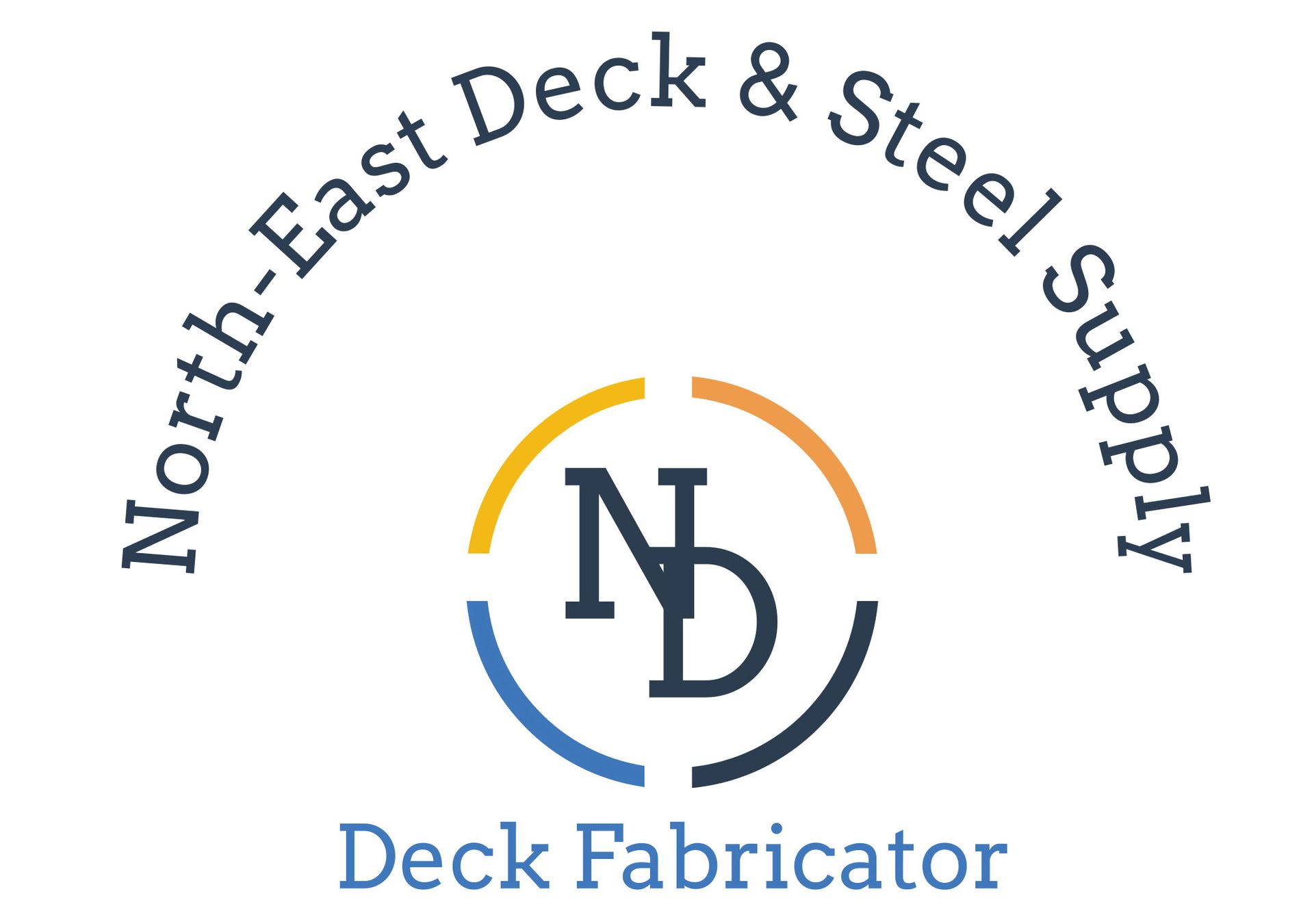
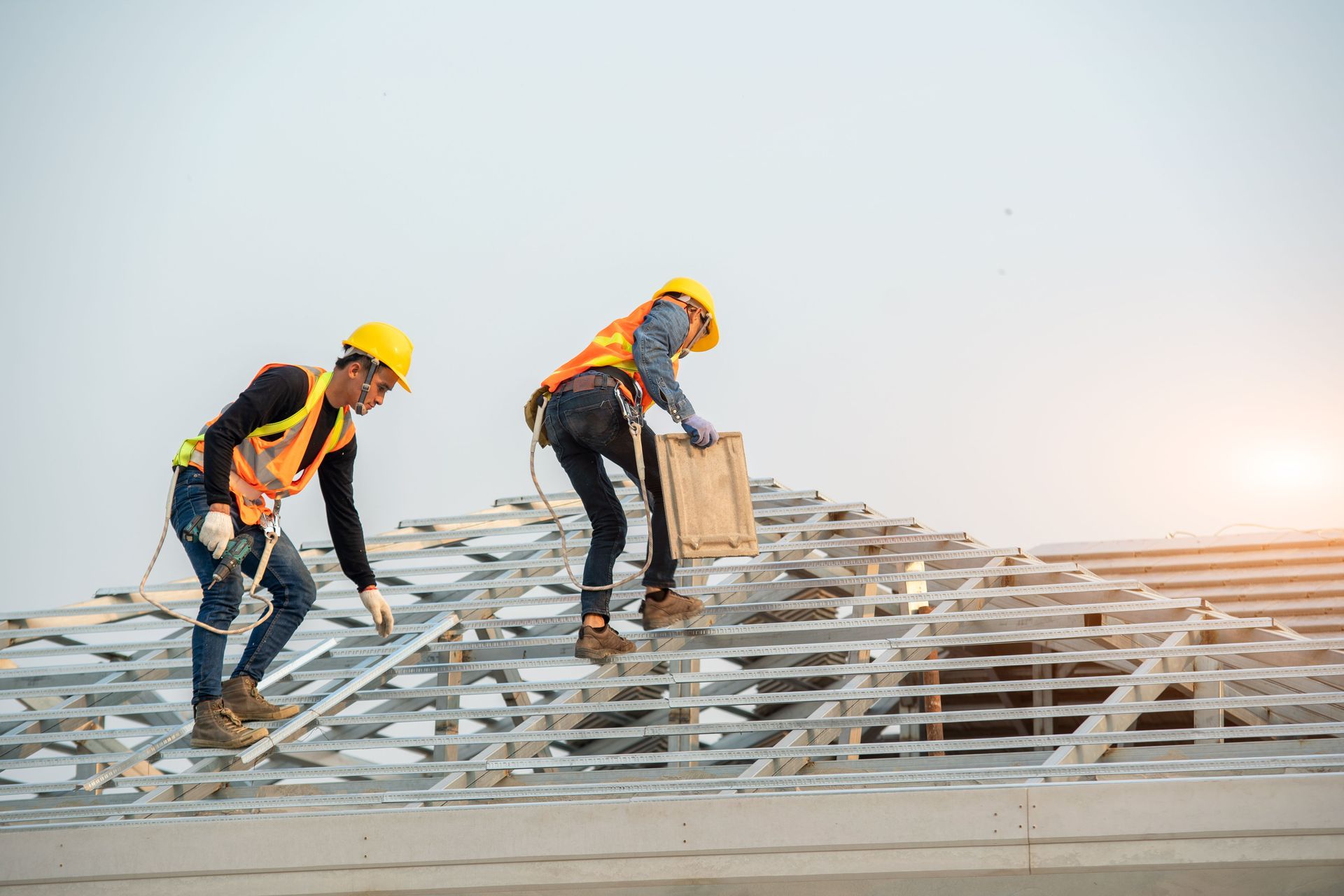
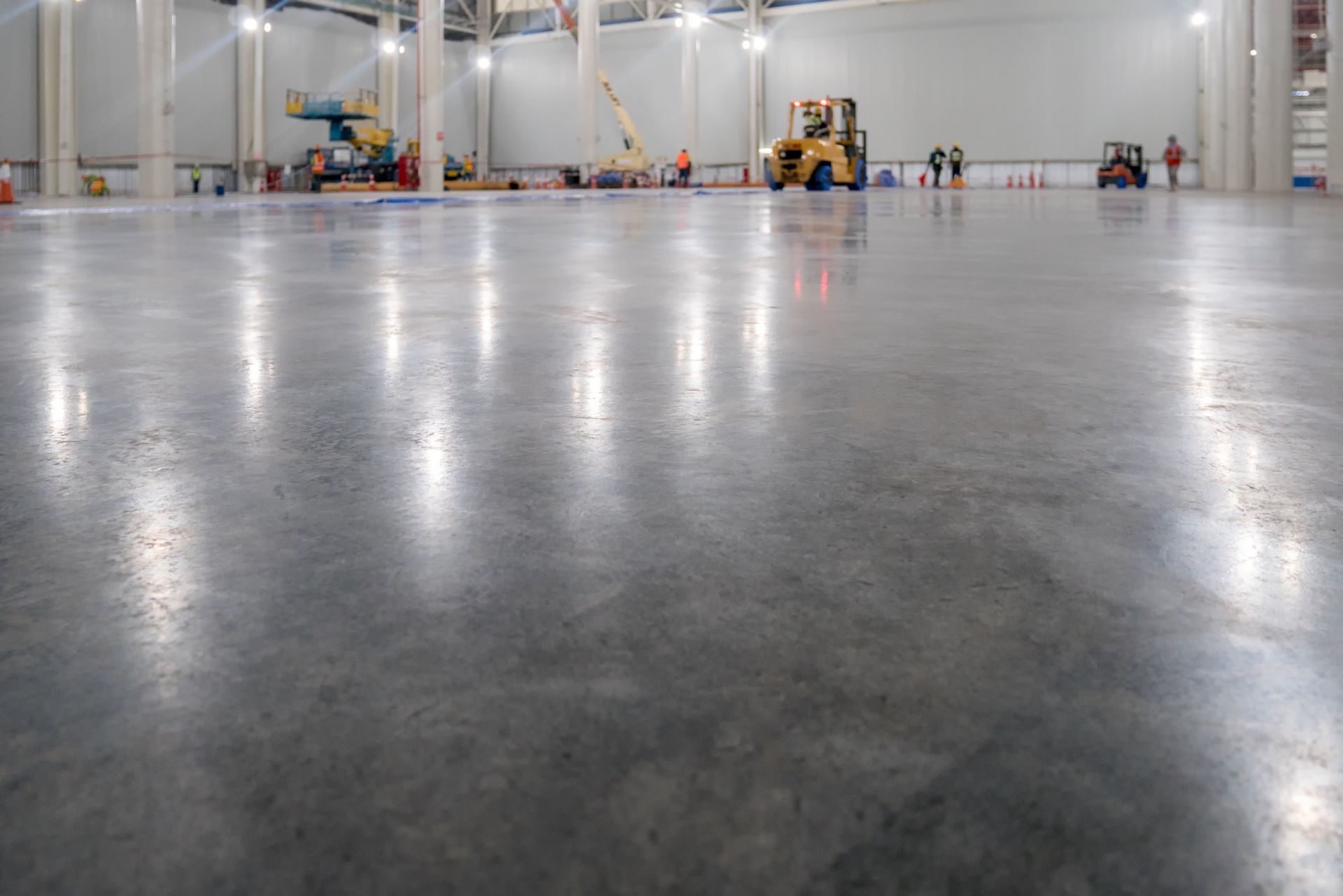
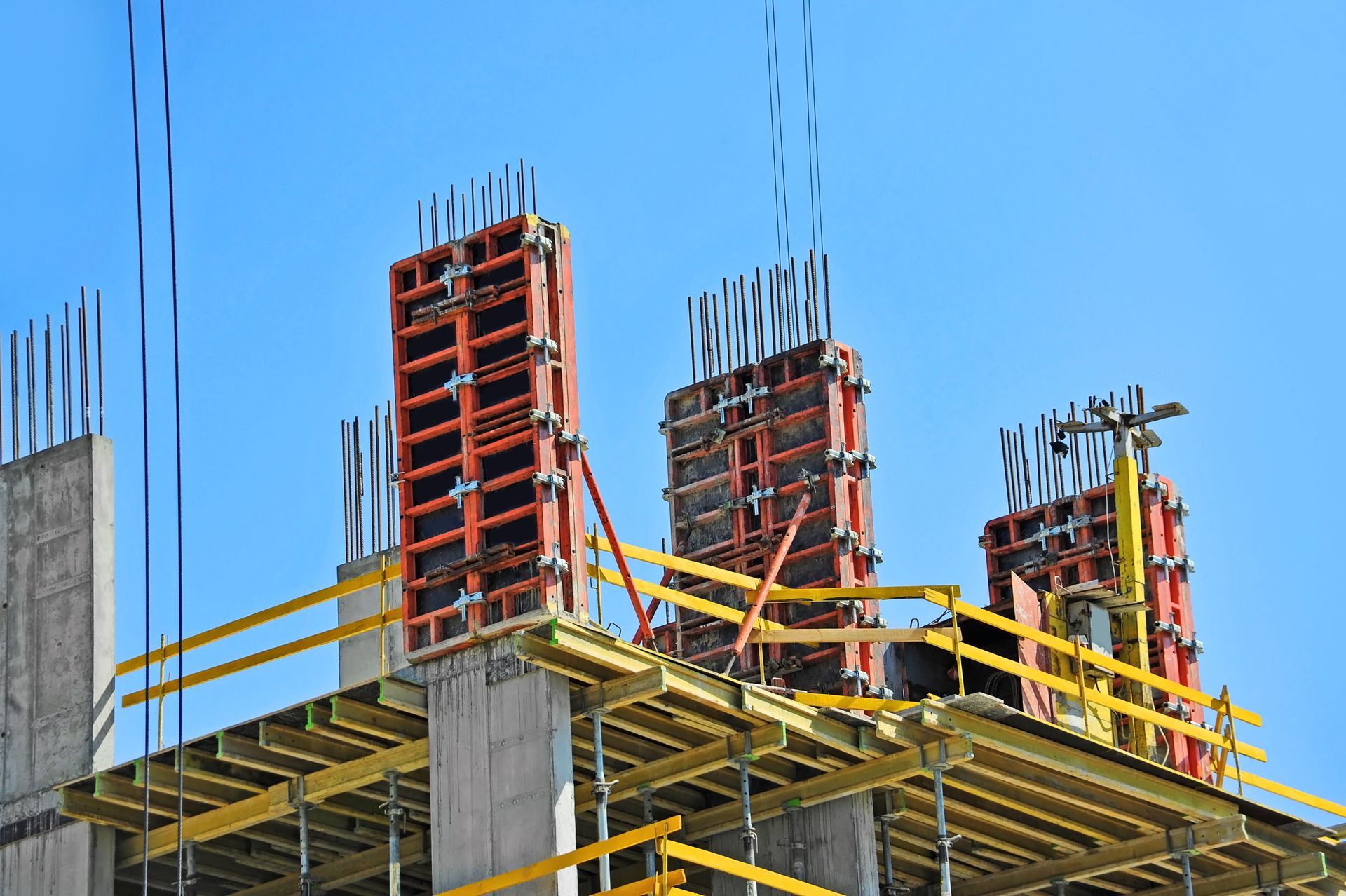
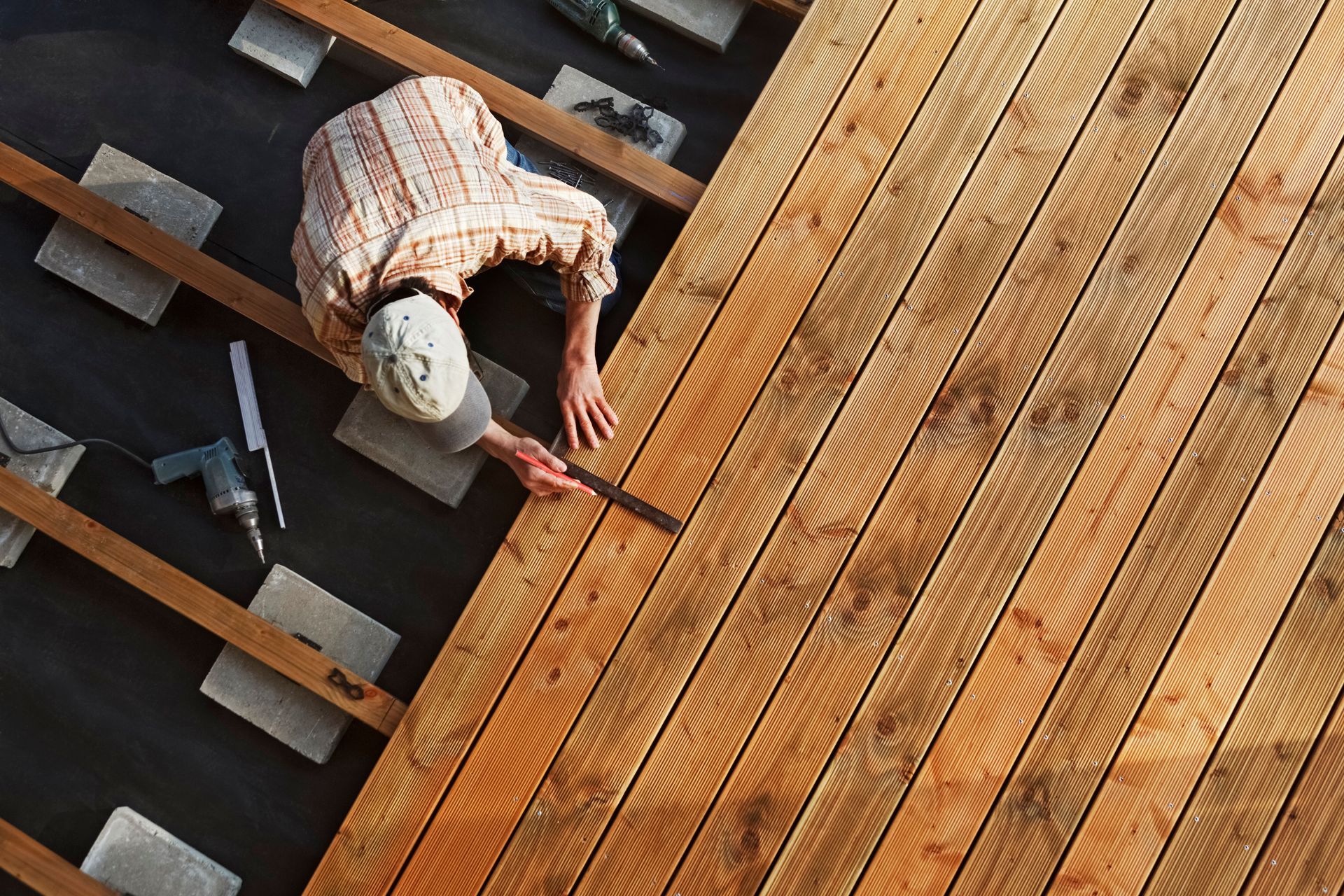
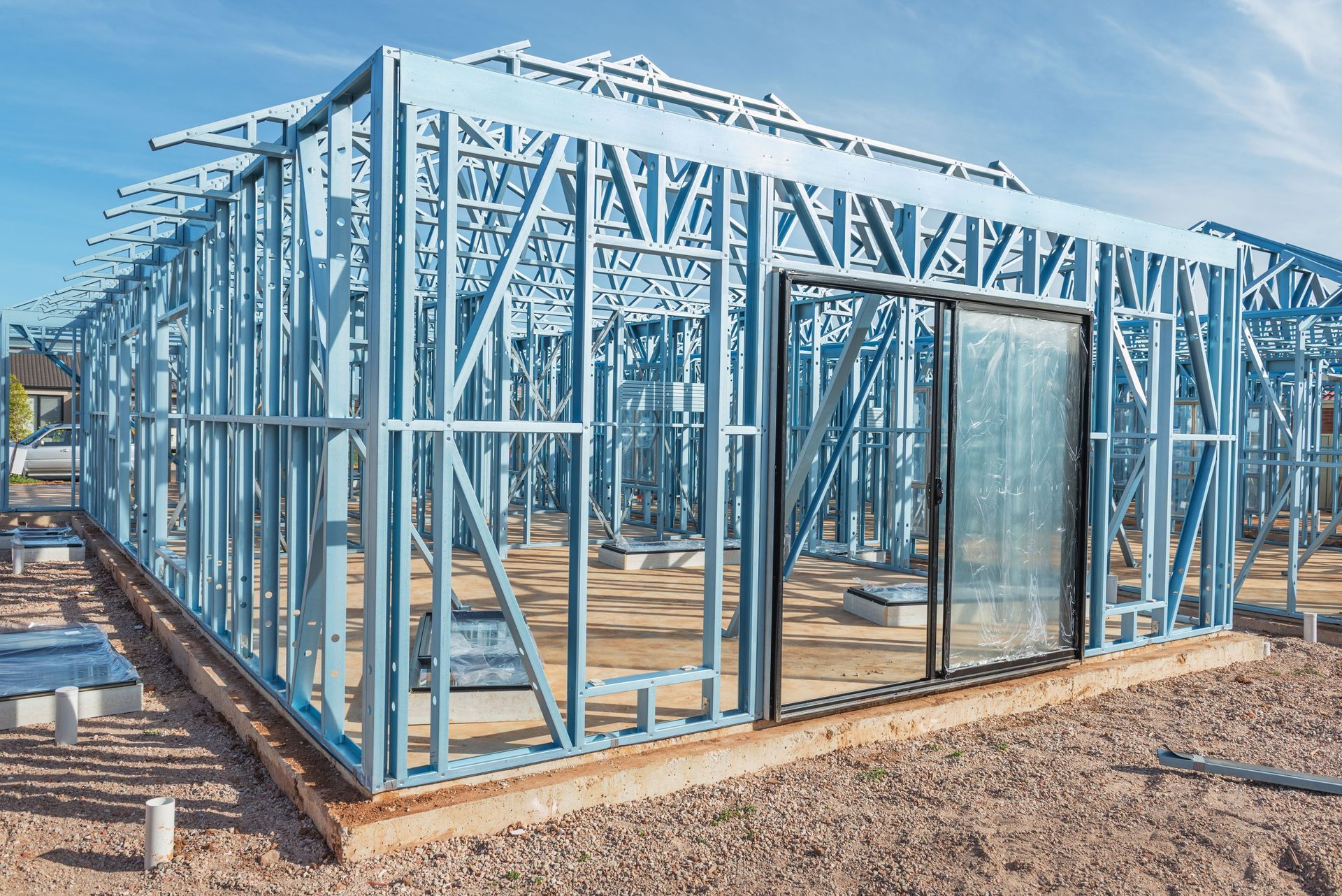
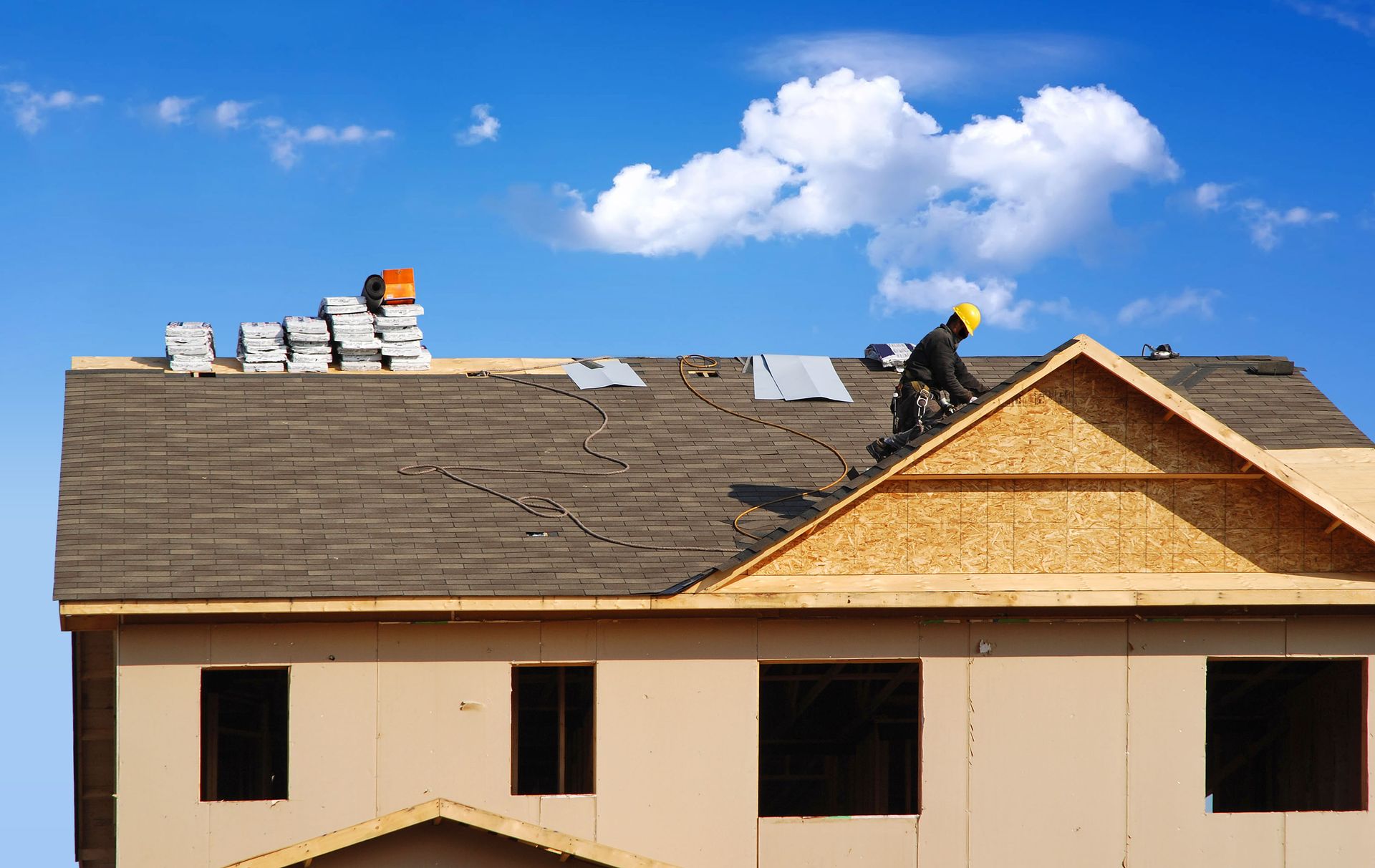
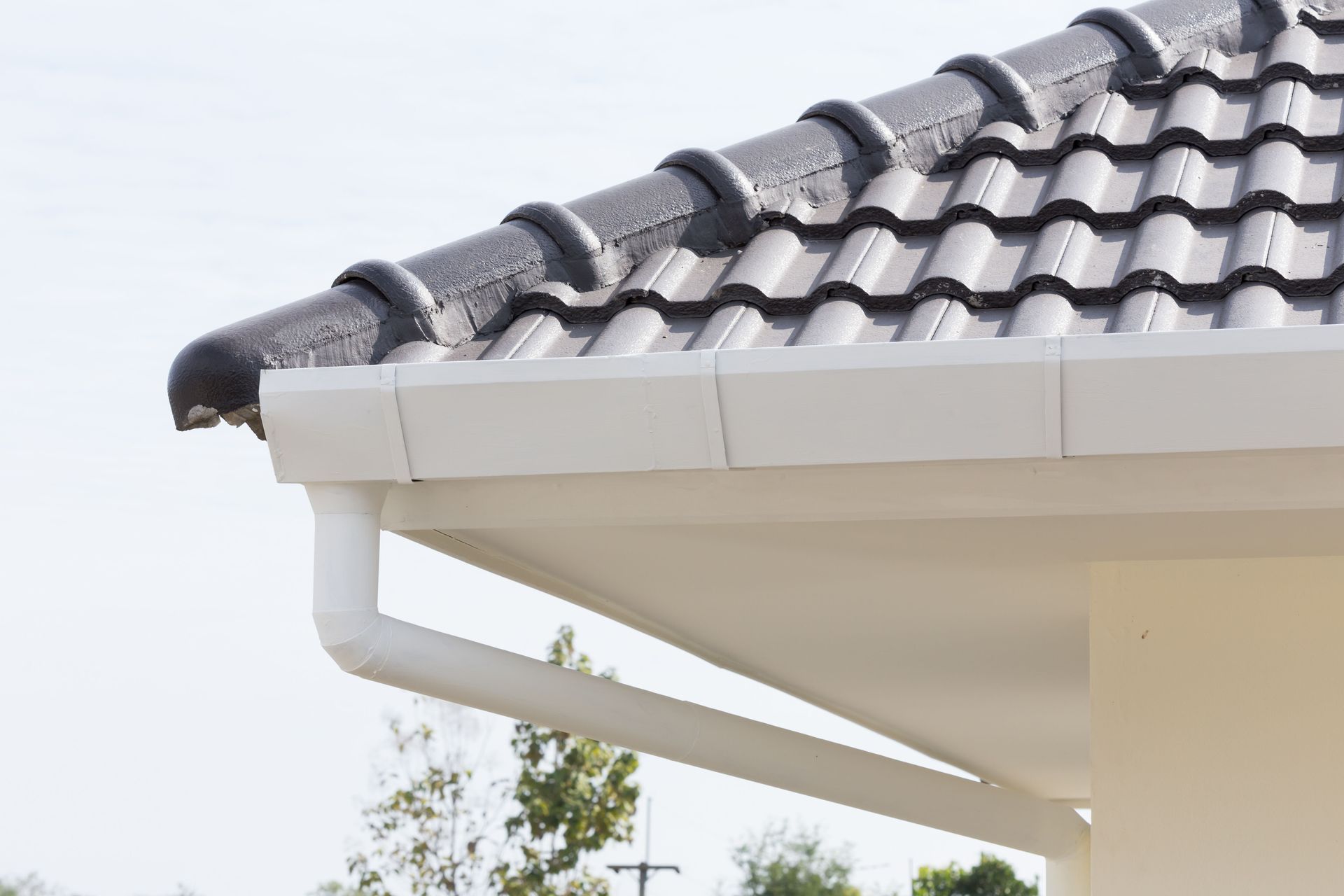

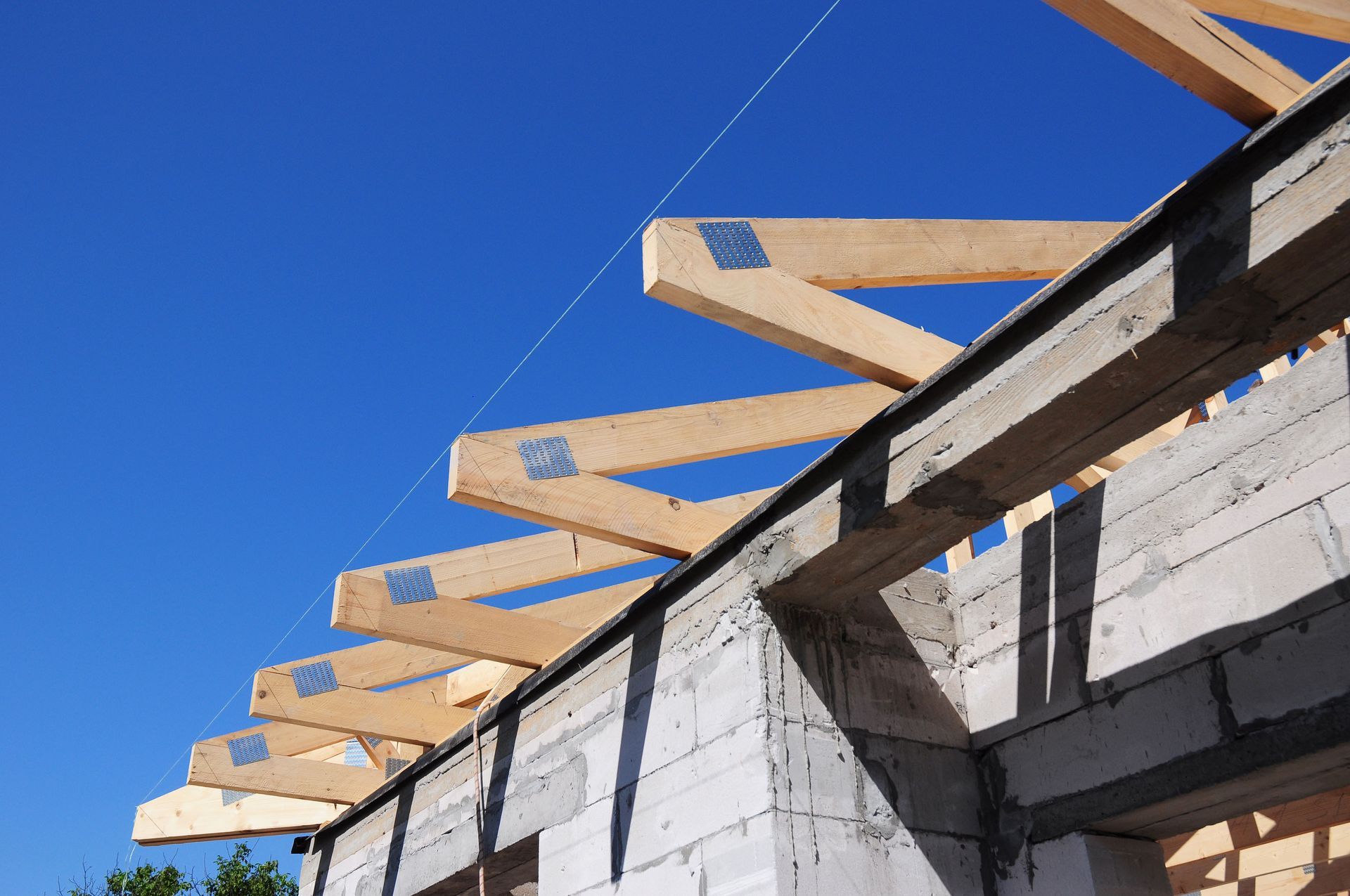
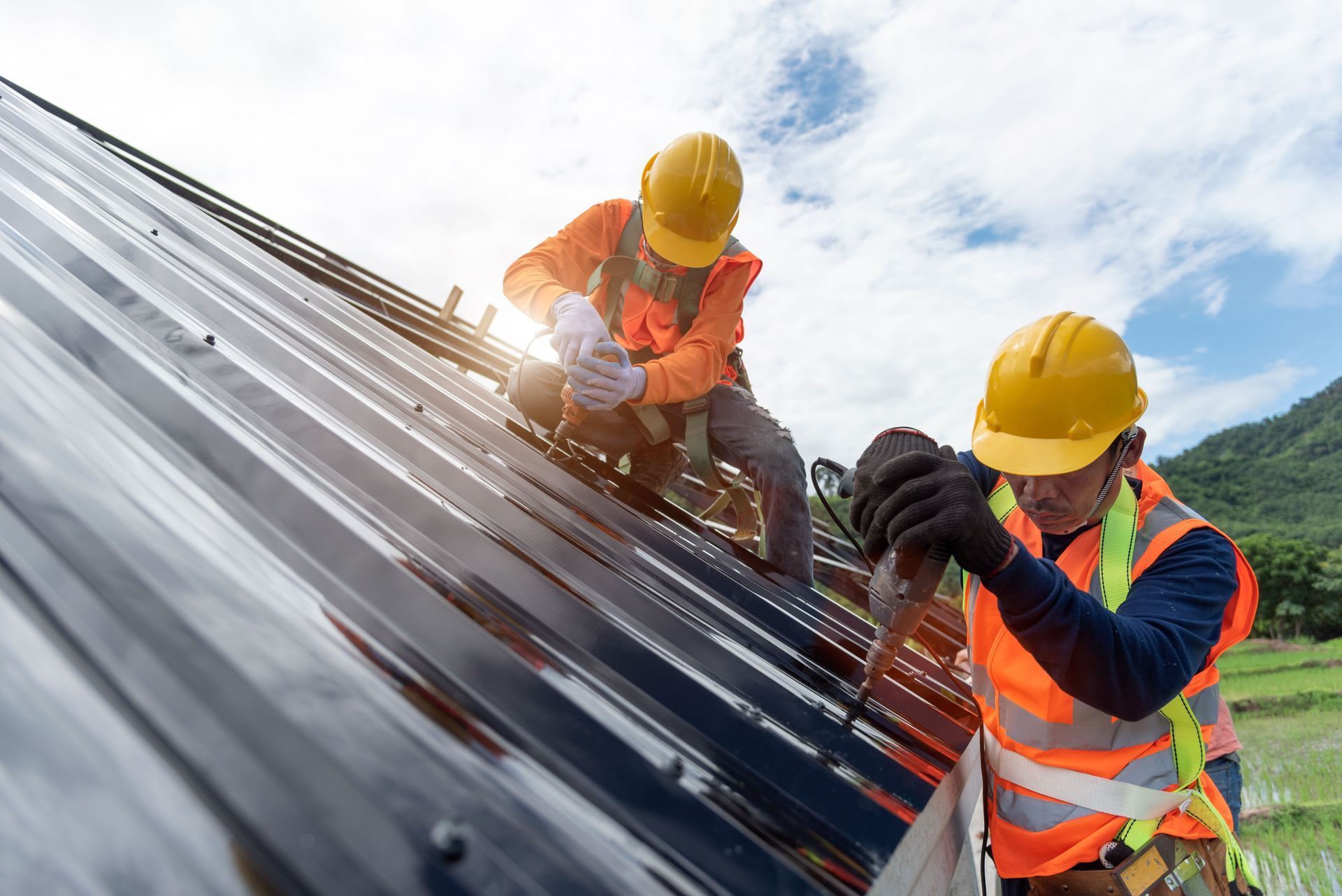
Share On: